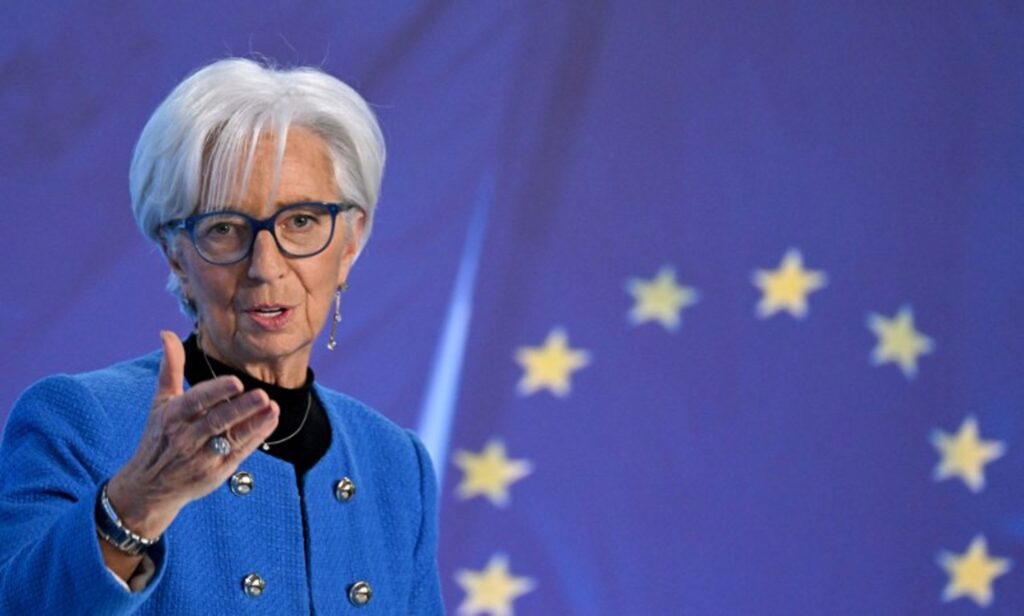The European Central Bank (ECB) has reduced interest rates in the eurozone by a quarter of a percentage point. By lowering rates, borrowing money will become gradually cheaper.
The benchmark deposit rate – the rate for excess money parked at the ECB by banks – will now be 2.75%. The ECB aims to stimulate the eurozone's economy through this measure.
This marks the fifth consecutive rate cut since mid-2024. The reduction from 3% to 2.75% was widely anticipated. The ECB's other two interest rates will also be lowered by 25 basis points from 5 February.
The "disinflation process" is progressing well, the bank explains. Inflation is expected to evolve toward a target of 2% by mid-2025, which is the ECB's medium-term goal. Interest rates are one of the tools the ECB uses to steer monetary policy to achieve this target.
"The recent rate cuts by the governing council mean new loans are gradually becoming less expensive for businesses and households," read a press release from ECB President Christine Lagarde. However, savers typically face lower interest rates on their savings.
Explaining the rate decision, Lagarde stated that there has been no discussion on when the rate cuts might end. Some economists anticipate further cuts until summer, potentially bringing the deposit rate down to 2%. In the current context, it is "too early" to consider when the cuts will stop. "We know the direction we want to move in, and that is the direction we will take," Lagarde said.
Lagarde also mentioned that policymakers did not discuss a 50 basis point rate cut during the meeting. "It was not part of the debate. The decision to cut the rate by a quarter of a percentage point was unanimous," she said.
Related News
- Digital euro: What is it and will it be Europe's next currency?
- Struggling for cash? Frustration high about lack of ATMs in Belgium
Earlier in the day, disappointing figures on the eurozone economy were released. The figures showed that economic growth stalled in the last quarter, mainly due to weaknesses in Germany and France. Lagarde expects the economy to remain weak in the medium term.
After years of low interest rates, including a negative deposit rate forcing banks to "pay" to store money at the ECB, the bank started raising rates from mid-2022 to curb high inflation. The deposit rate peaked at 4% in autumn 2023, before the current downward trend began.

